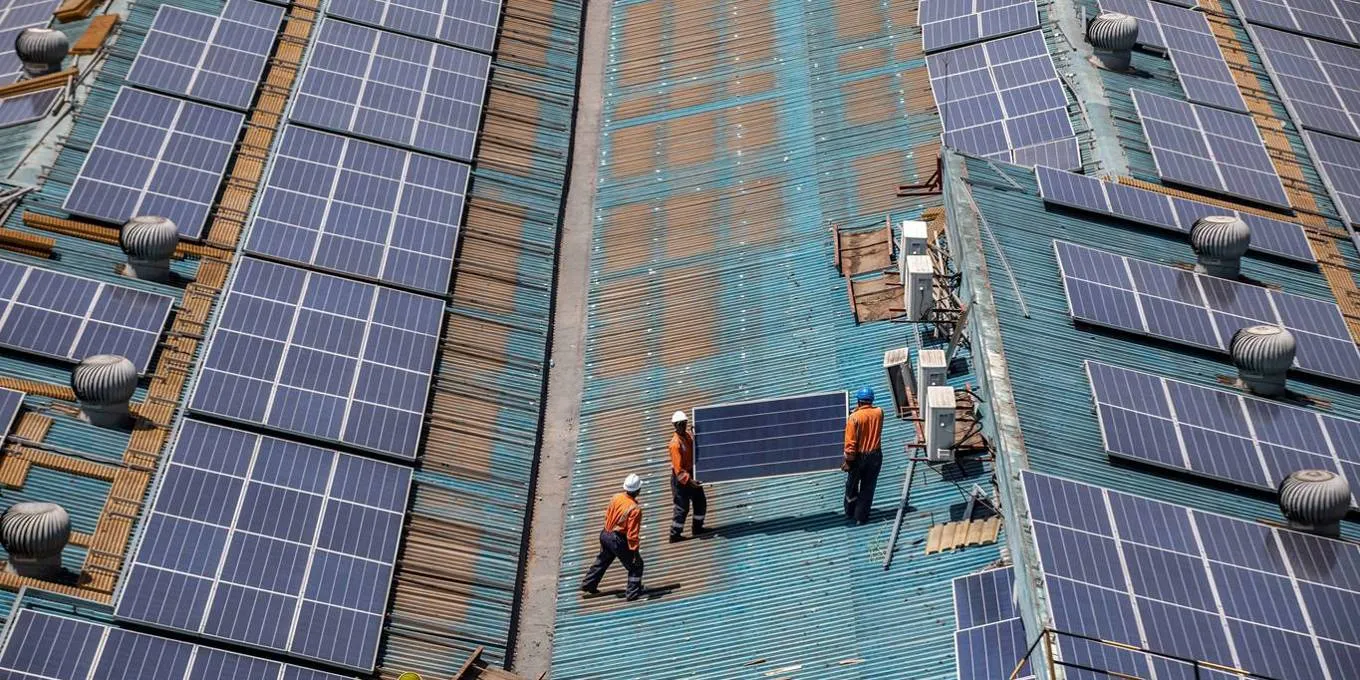Debt Relief and Climate Change: A Call to Action for Africa

Africa's Climate Change Challenges
Africa faces significant challenges due to climate change, exacerbated by high levels of debt. With constrained resources, many nations struggle to implement sustainable practices.
- Debt limits investment in renewable energy.
- Climate resilience initiatives suffer due to financial burdens.
- Debt relief could unlock potential for impactful climate action.
The Role of the World Bank and IMF
The World Bank and the International Monetary Fund (IMF) play crucial roles in addressing Africa's debt crisis. They can facilitate pathways to relief, enabling countries to redirect funds towards climate initiatives.
- Launch debt-for-nature swaps.
- Reassess loan conditions focused on growth.
- Encourage green investments through funding initiatives.
Looking Ahead: A Sustainable Future
To achieve a sustainable and resilient future, Africa must address its debt concerns. By prioritizing debt relief, the continent can embark on a journey toward effective climate action and sustainability.
- Debt relief is essential for financing green projects.
- Empowering local communities is key to resilience.
- International support can bolster efforts to combat climate change.
This article was prepared using information from open sources in accordance with the principles of Ethical Policy. The editorial team is not responsible for absolute accuracy, as it relies on data from the sources referenced.